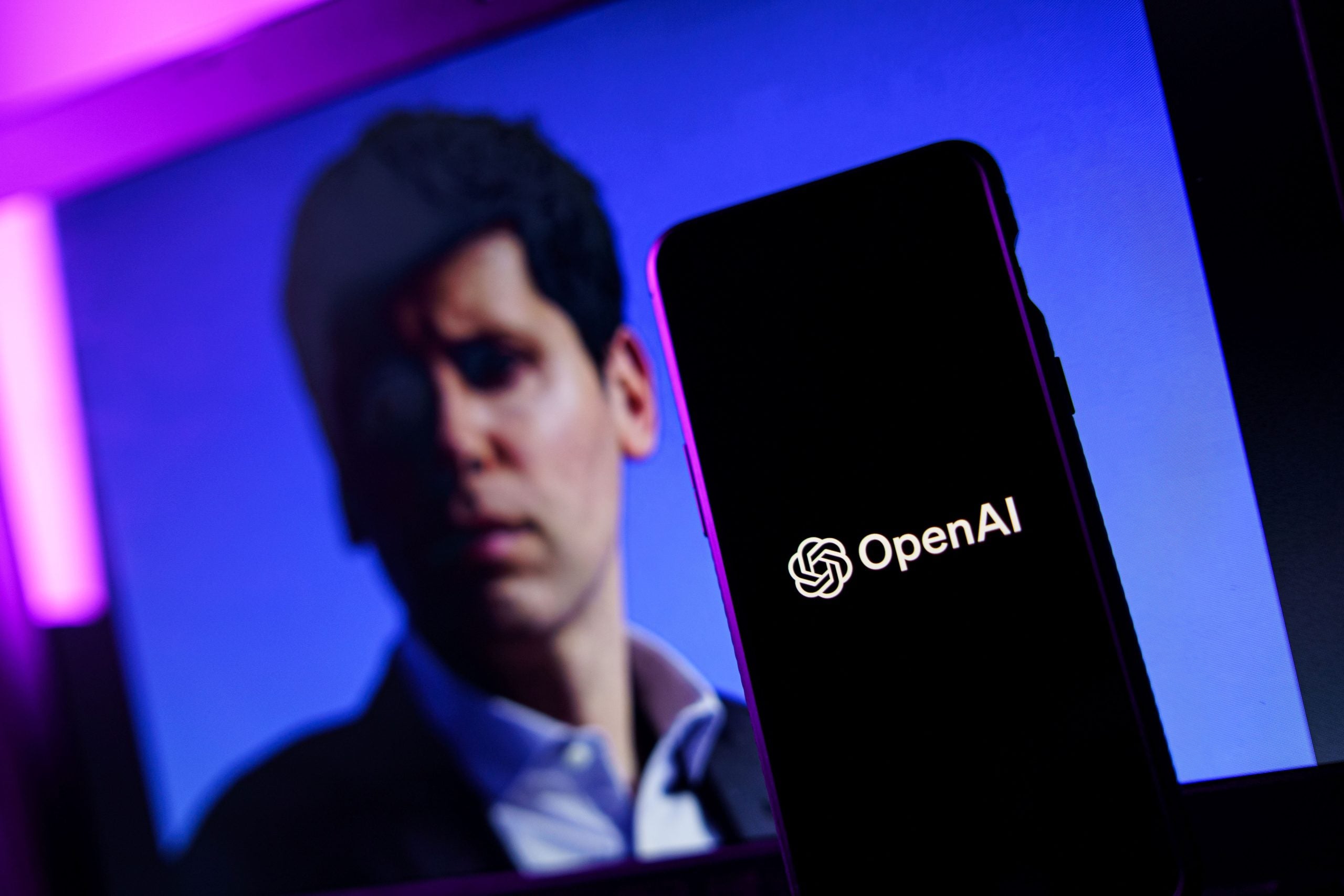
OpenAI’s highly anticipated GPT store will launch next week after facing a series of setbacks, including the firing and subsequent rehiring of its co-founder and CEO, Sam Altman.
OpenAI initially announced plans for the online store at its developer conference in November.
The ChatGPT-maker is allowing users to create GPTs, or custom chatbots, for various purposes without requiring coding skills.
The GPTs, or Generative Pre-trained Transformers, represent early iterations of AI assistants designed to execute various real-world tasks, including making flight bookings on behalf of users.
The GPT Store initiative marks a renewed effort by OpenAI to establish an ecosystem of ChatGPT plugins, following earlier unsuccessful attempts earlier this year.
However, the initial rollout was delayed to early 2024 due to disruptions caused by CEO Sam Altman’s ousting and reinstatement in November.
Meanwhile, OpenAI’s Chief of Intellectual Property and Content, Tom Rubin, revealed to Bloomberg that the company is actively discussing licensing agreements with multiple publishers.
How well do you really know your competitors?
Access the most comprehensive Company Profiles on the market, powered by GlobalData. Save hours of research. Gain competitive edge.

Thank you!
Your download email will arrive shortly
Not ready to buy yet? Download a free sample
We are confident about the unique quality of our Company Profiles. However, we want you to make the most beneficial decision for your business, so we offer a free sample that you can download by submitting the below form
By GlobalDataRecent high-profile deals include a multiyear agreement with Politico’s parent company Axel Springer SE and an undisclosed arrangement with The Associated Press.
However, OpenAI is facing a legal challenge from The New York Times, which filed a lawsuit against OpenAI and Microsoft for allegedly using its articles without permission.
The lawsuit presents a significant threat to OpenAI’s business, with potential financial repercussions and the obligation to eliminate any training data containing content from The New York Times.
The dispute revolves around whether ChatGPT is replicating journalistic work without proper authorization, a claim vehemently denied by OpenAI.
The New York Times maintains that if commercial use of their work is intended, prior permission must be obtained, and legal action will be pursued if not granted.







